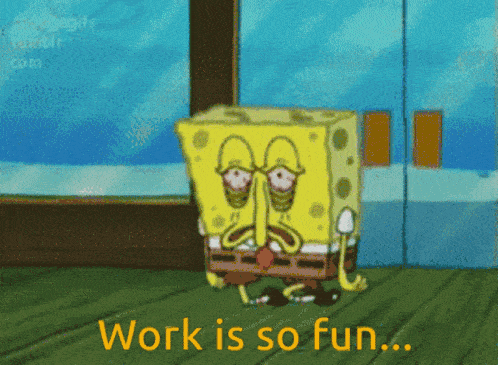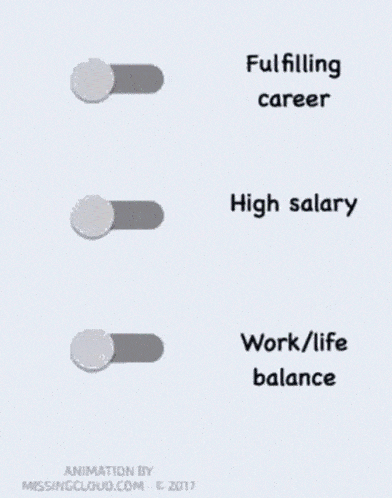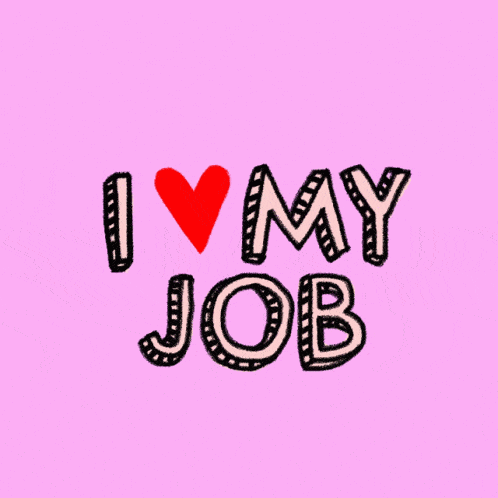



Do you ever wonder if you should change your job? If so, then we have a quiz for you today that can help you find the answer to that question. First, let’s talk about employment and different types of work.
Employment is a relationship between two parties regulating the provision of paid labor services. Usually, based on a contract, one party, the employer, a corporation, a not-for-profit organization, a co-operative, or any other entity, pays the other, the employee, in return for carrying out assigned work. Employees work in return for wages, which can be paid based on an hourly rate, by piecework or an annual salary, depending on the type of work an employee does, the prevailing conditions of the sector, and the bargaining power between the parties. Employees in some industries may receive gratuities, bonus payments, or stock options. In some types of employment, employees may receive benefits in addition to payment. Benefits may include health insurance, housing, and disability insurance. Employment is typically governed by employment laws, organizations, or legal contracts.
An employee contributes labor and expertise to an endeavor of an employer or of a person conducting a business or undertaking and is usually hired to perform specific duties packaged into a job. In a corporate context, an employee is a person who is hired to provide services to a company on a regular basis in exchange for compensation and who does not provide these services as part of an independent business.
To categorize a worker as an independent contractor rather than an employee, an independent contractor must agree with the client on what the finished work product will be and then the contractor controls the means and manner of achieving the desired outcome. Secondly, an independent contractor offers services to the public at large, not just to one business, and is responsible for disbursing payments from the client, paying unreimbursed expenses, and providing his or her own tools to complete the job. Third, the relationship of the parties is often evidenced by a written agreement that specifies that the worker is an independent contractor and is not entitled to employee benefits. The services provided by the worker are not key to the business and the relationship is not permanent.
There are many different options when it comes to scheduling your working hours. You can work 8 hours, which is a full-time job, but you can also work half-time or part-time. It all depends on what the job is, when it needs to be done and how absorbing it is.
There are really many types of work. The first is standard work. This is a very traditional work pattern of Monday to Friday 9.00 am – 5.00 pm with a lunch break in the middle. Although it is still part of many people’s working life, there are many jobs with a more flexible working pattern. Another one is flexible work. Many employees work flexible hours. This could be in a flexi-time system where there is a number of hours in a standard working week, which can be worked as longer or shorter days to fit around other commitments. Other flexible work patterns may include working from home or flexibly to fit around school holidays. The next type of work we distinguish is shift working. We live in a society where some businesses and organizations must work around the clock. They do this by using shift patterns. For example, a nurse may work early, late or night shifts which enables a hospital to provide care all the time. In some larger industries shift patterns keep production going 24 hours a day as it can be very expensive to stop and start machinery. The next type of work is agency work. Working for an agency can be a good short-term option or a way to work flexibly. When you sign on with an agency, they become your employer. If they get you a work, you will be paid by the agency, however, they will also be paid a fee by the place where you are working. Agency work is a way for companies and organizations to deal with short-term staff shortages or additional work. It also gives them a chance to see your work, and they may decide to hire you permanently. Freelancing is also worth mentioning. Freelance workers often have very specialist knowledge in a particular type of work. They either produce their work and sell it themselves or act as consultants for short periods to less experienced staff. You will find that you manage your own time accordingly when working as a freelancer, setting your own deadlines.
Should you find a new job? Is something wrong with yours? Is it hard to deal with your boss or colleagues? Or maybe you just feel unhappy? Answer the twenty questions we have prepared and dispel your doubts. See you soon!